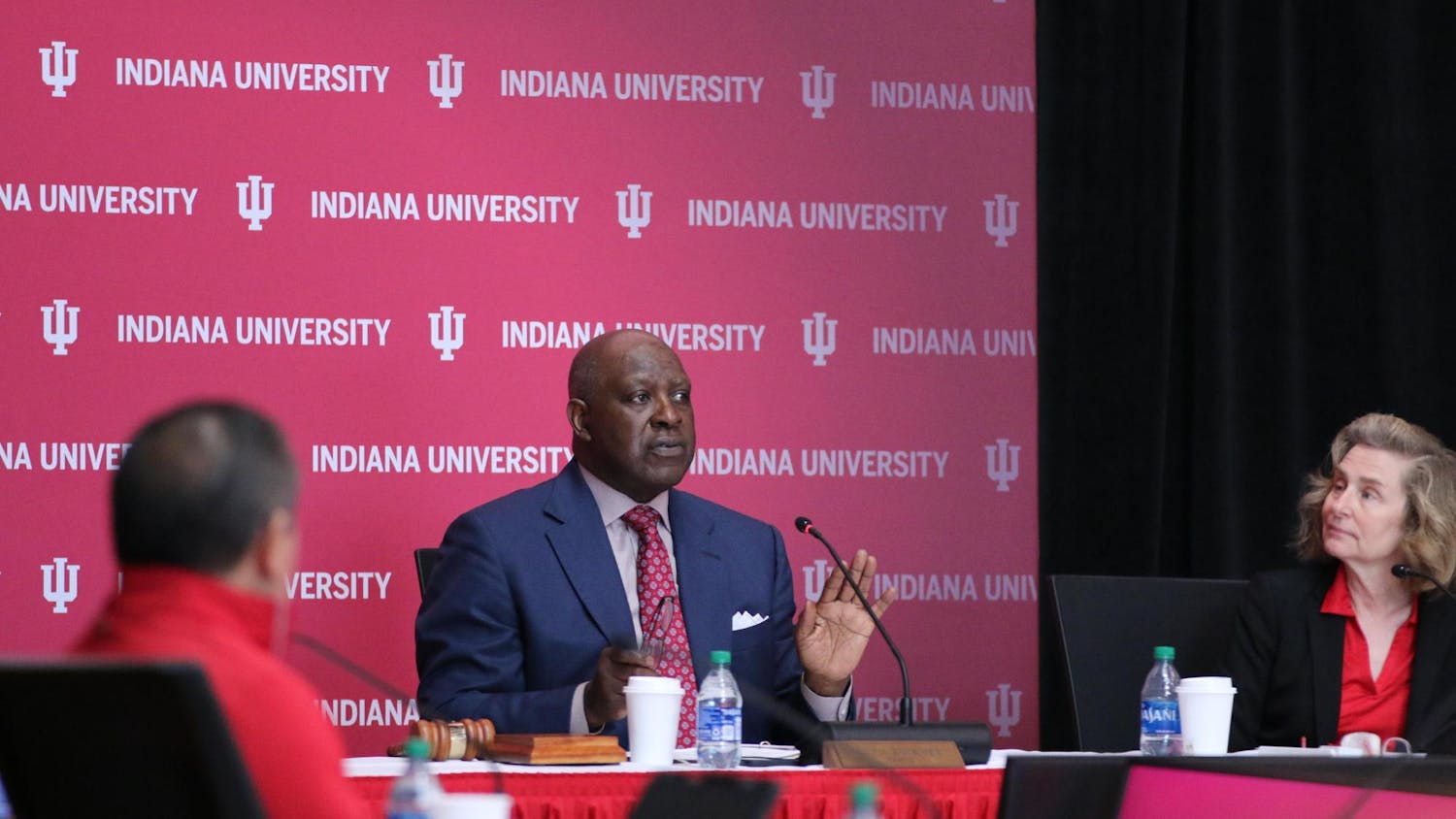When sophomore Andrew Ng was a medic in the Singapore Armed Forces, his first-aid training included learning how to inject others with needles. \n“Every week we (would) practice jabbing our ‘buddy’ and injecting saline into them until we (were) good at locating veins fast and well,” said the business major, who has been a regular blood donor for the past year and a half.\nDuring January, which is National Blood Donor Month, Ng will recall some of those memories when he gives blood for the sixth time. \n“Though it is slightly discomforting at first, giving blood is for a good cause,” he said. \nCollege students such as Ng are in high demand for the American Red Cross this winter, said Loni White, communications coordinator for the local Red Cross chapter. \n“People in college need to start being regular blood donors,” White said. “They are the ones who are eligible. However, there is a problem of attracting these young blood donors.”\nJanuary is traditionally a slow month for donations at the blood bank, White said. She hopes that celebrating January as the National Blood Donor Month will attract more people to give blood.\n“Winter is a difficult time because of the cold weather,” White said. “Oftentimes, there is an increase of sickness (such as the) flu; people are just back from holidays. That’s why this month is more important than any other month when it comes to receiving donations.” \nWhite urges college-age people to be the next generation of blood donors because regular donors are typically “middle-aged and older” and might not be able to give blood for much longer because of health reasons.\nShelby Wilson, 70, has stopped donating blood regularly. \n“I’ve always given blood, whenever possible,” said the 1960 Olympic gold medalist in wrestling. “It doesn’t cost me to give blood and I always felt better after I gave, both physically and emotionally.”\nWilson said that a trip overseas put his regular blood donations to an end. The American Red Cross considered him ineligible as a donor because of concerns regarding a flu shot during that trip.\nAlthough Wilson has not donated blood recently, he said he thinks this is one way to help others.\n“In this country, people need blood, and (blood donations are) how people who need blood get it,” he said.\nAccording to an American Red Cross news release, people who are 17 years of age, weigh at least 110 pounds and are in good health might be eligible to donate blood. All donors must present positive identification. For more information or to schedule a blood donation appointment, call 1-800-448-3543.
Blood donors needed during winter
Get stories like this in your inbox
Subscribe





